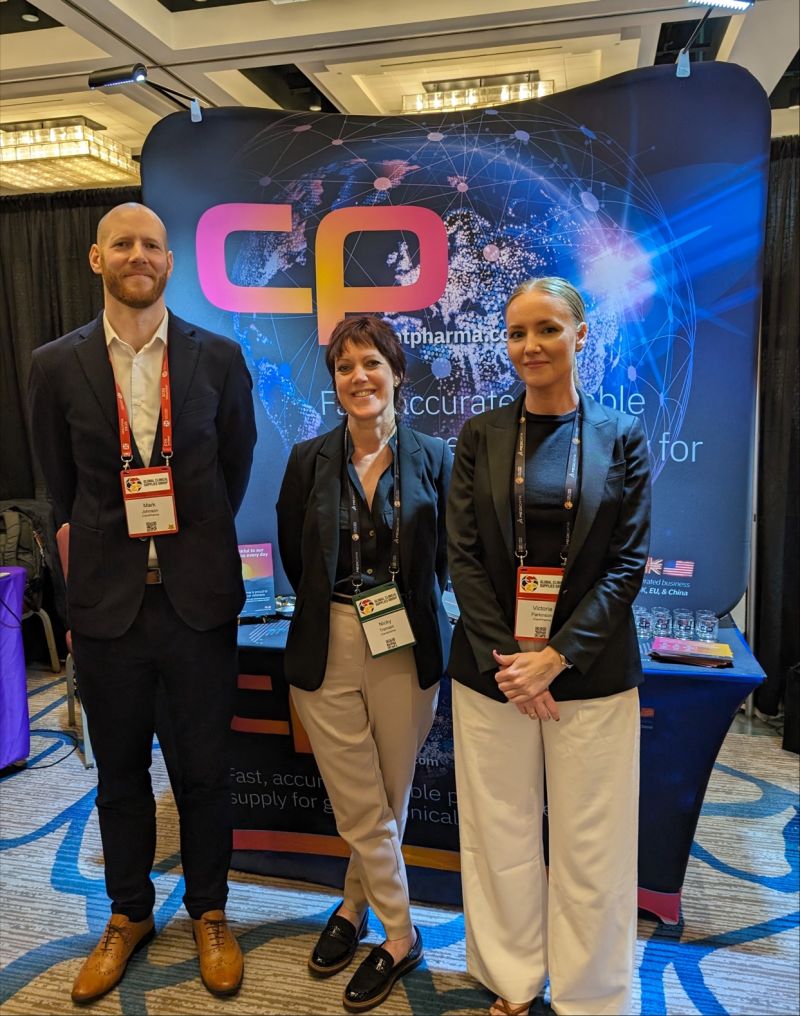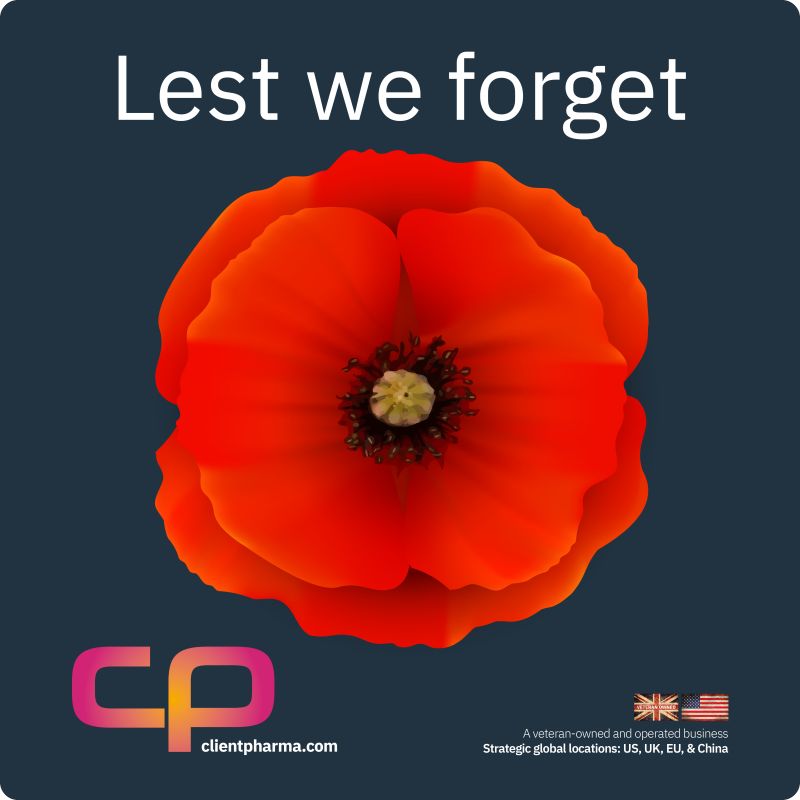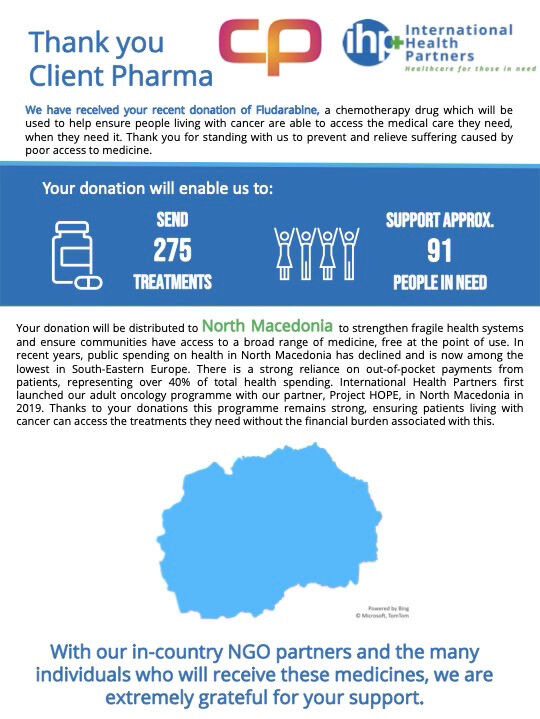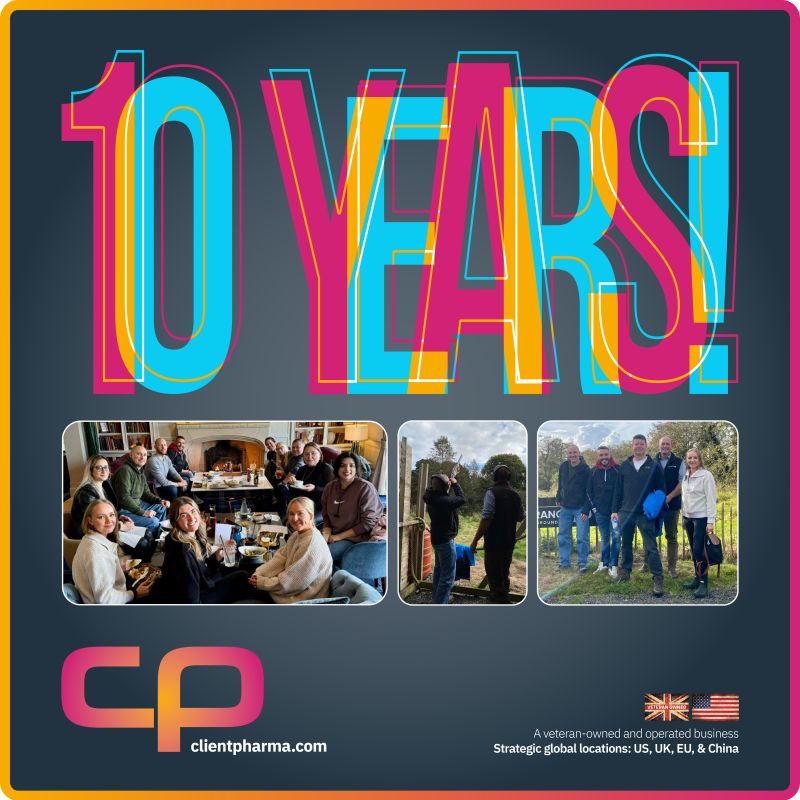Based on IMS health data, speciality pharmaceuticals are said to make up a quarter of prescription costs within the pharmaceutical market. This is purported to be the fastest growing costs within healthcare today. Used to treat specific cancers and rare diseases, they are termed ‘speciality’ due to their unusual or difficult process of delivery.
IMS Health data reported that spending on speciality drugs is growing at around 15% to 20% a year and if this trend continues to grow at this rate it could represent 50% of the total drug spend by 2019. Other research suggests that by 2020 expenditure on speciality pharmaceuticals will quadruple.
Often it is down to the agent’s manufacturer and payer community to determine whether or not a drug is defined as ‘speciality’. No universal definition currently exists but there are a number of attributes that increase the likelihood of a drug being deemed as speciality including: a high cost, special handling, preparation and storage, and frequently limited or exclusive distribution. In regards to patient care and administration, speciality medicines are commonly used to treat chronic conditions where patients have a complex treatment regime requiring ongoing monitoring and education.
Despite the somewhat indefinite characterisation, the number of medications that fit the description of a speciality pharmaceutical is on the rise.
Medicines used to treat rare or orphan diseases frequently require speciality drugs due to both a small patient population and a narrow supply chain. This means that rather than being profitable to stock and prescribe, these drugs are viewed by many organisations as cost-prohibitive.
Specialty medications have improved the quality of patient treatment and products that are currently in the pipeline aim to provide even better outcomes for patients. However, the cost associated with these innovations means that it is simply not cost-effective for healthcare organisations to provide treatment to entire patient populations.
Research into the current process of how healthcare professionals select pharmaceuticals to prescribe suggests that some pharmacy communities favour the more cost effective drugs over more efficient speciality medicines, thus narrowing the options and often encouraging patients and physicians to choose from a restricted list of drugs.
Our new sister company, Client-Pharmacy UK directly supports patients to access hard-to-find products, such as orphan drugs for rare diseases or discontinued products. We work with the territory regulatory authorities where the patient is resident to ensure the necessary compliant Importation process is undertaken.









